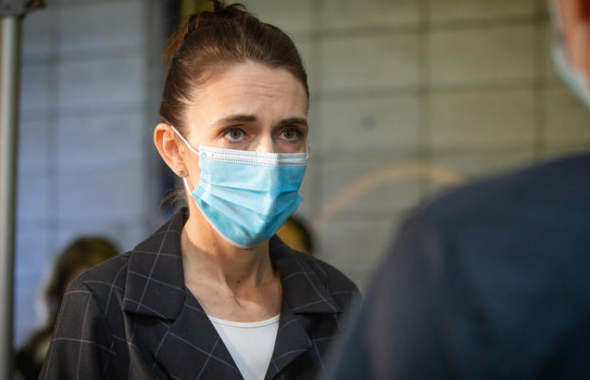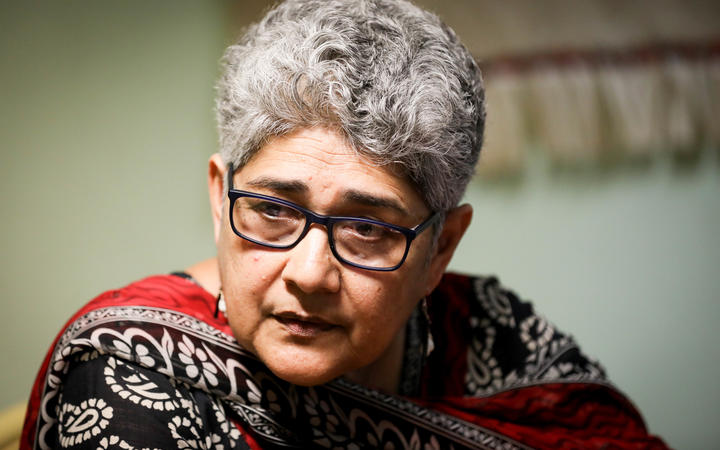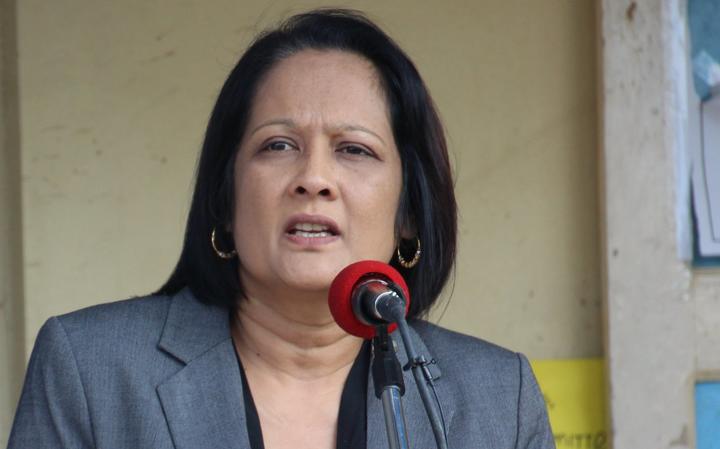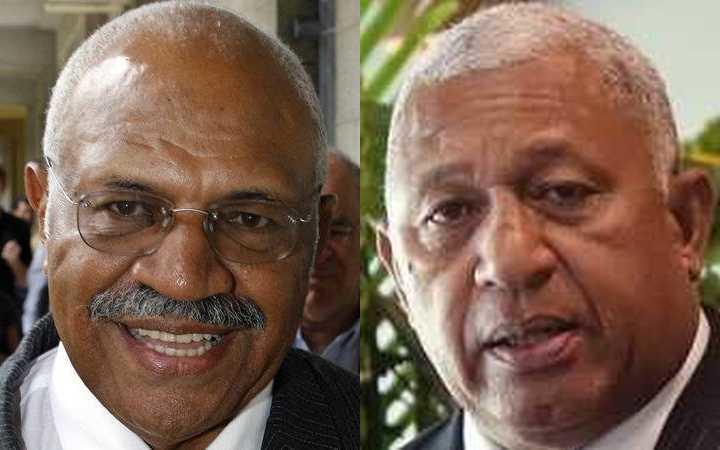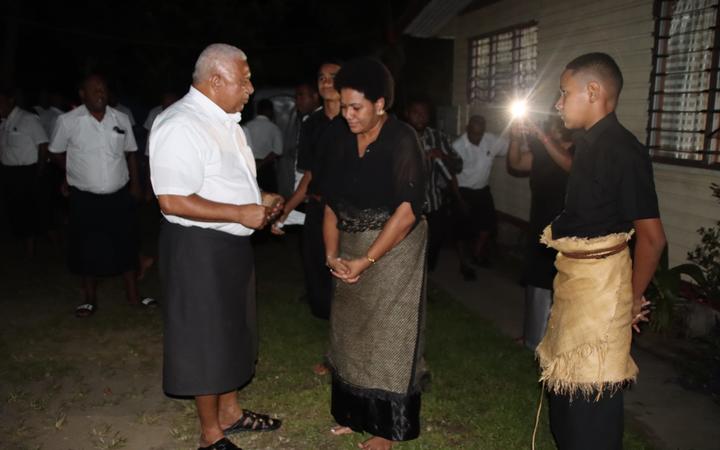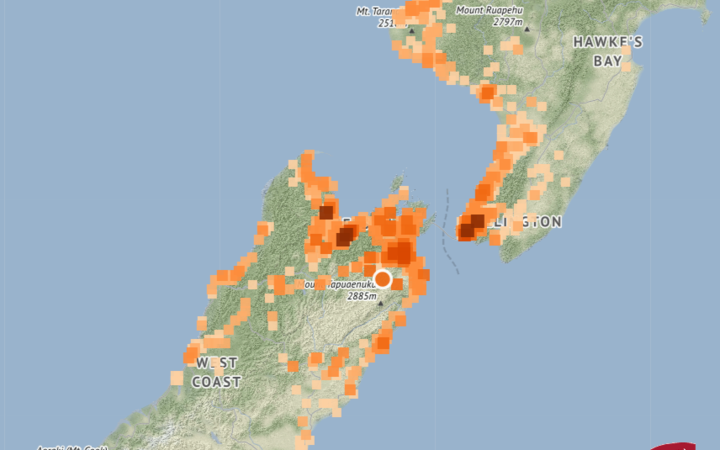Tonga’s undersea fibre-optic cable was down for five weeks by a volcanic eruption but a full connection was restored to the main island of Tongatapu this afternoon February 22.
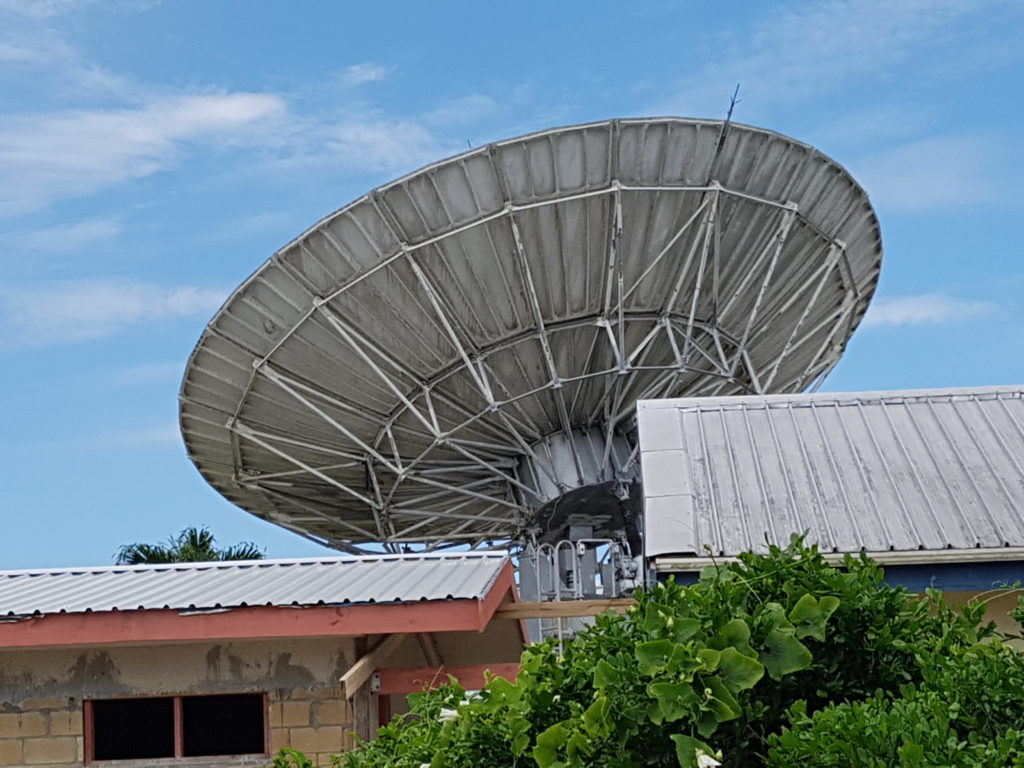
For the first time in more than a month, many people were able to contact their families overseas, update their statuses and read the news online.
“Both T.C.C & Digicel is restoring fibre cable internet services”, reported Radio Nuku’alofa 88.6FM this afternoon.
“No doubt a lot of you here in Tongatapu & ‘Eua are experiencing fast Fiber-optic internet”.
Local resident Paulo Lātu said on his Facebook account this afternoon: “Thanks optic fibre internet. We can now see the world”.
Tonga’s 827km cable which connects the country to the outside world was severed after the huge volcanic eruption on January 15.
It followed with the government striking a deal to get satellite connectivity through a 2G wireless connection being established on the main island, using a satellite dish but the service was patchy, and internet services ran slowly.
It is understood the fibre connections to Vava’u and Ha’apai groups have yet to be fixed.
Hawaiki
The current Prime Minister Hu’akavameiliku was at the centre of a controversial deal with internet provider Hawaiki when he was Minister of Environment and Communications.
Hon Hu’akavameiliku signed a TOP$50 million contract so that the company could install a second fibre internet cable.
Tonga paid TOP$6 million dollars so that the Hawaiki cable connecting New Zealand and Australia to Hawai’i and Los Angeles was connected to the Vava’u fibre cable in Tonga.
However, in 2019 the then Tonga Cable Ltd (TCL) Director Paula Piveni Piukala and former Minister of Trade and Economic Development Tu’i Uata were sent to Auckland to seek advice on the deal.
Hon. Uata said TCL had questioned whether the large sums being paid from taxpayers’ money were justified.
Piukala said at the time it “did not make sense” to pay such a large amount of money just in case the cable might be damaged in the future.
Tonga also had an agreement with French company Alcatel for the provision of a fibre optic cable system connecting Nuku’alofa and Vava’u with a branch to Ha’apai.
The World Bank has funded $50 million for Tonga’s high-speed internet cable which was launched in 2013.
Tonga asked the Bank to also fund a back up, or redundancy cable but the Bank said it was not financially viable.

